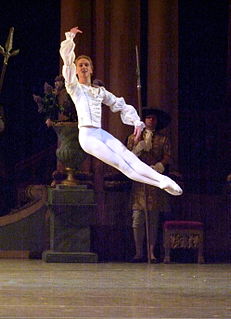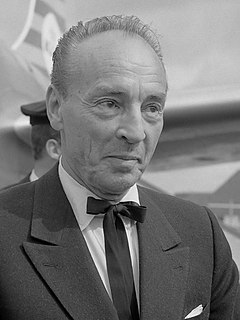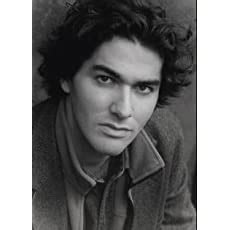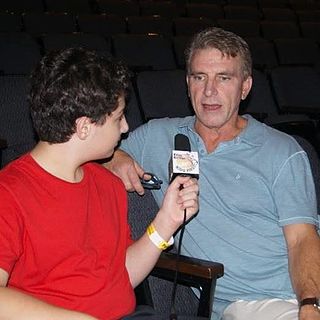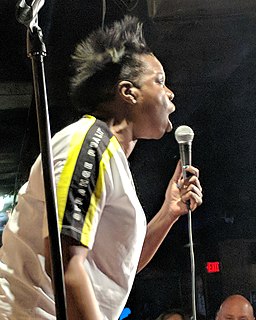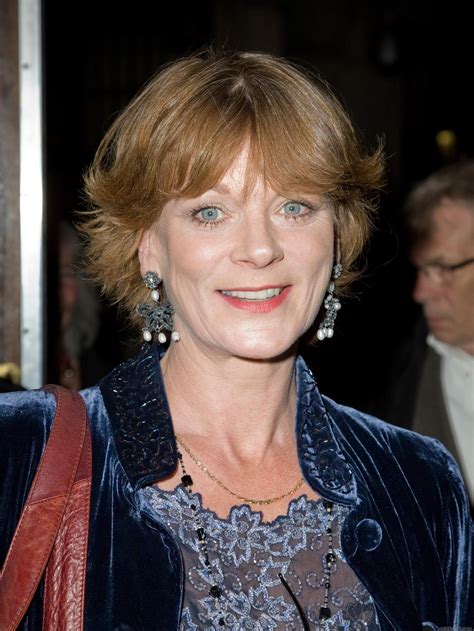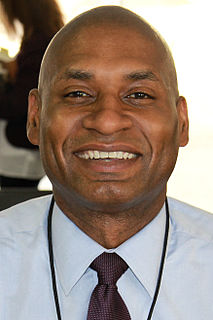A Quote by David Hallberg
I've been interested in art and fashion for as long as I can remember because they are so visual. I am fascinated by the idea of visual creation from the ground up, which is a challenge in ballet when the audience has seen every show of yours, every other principal that you've shared a role with, and every different production.
Related Quotes
We must first realize that dancing is an absolutely independent art, not merely a secondary accompanying one. I believe that it is one of the great arts. . . . The important thing in ballet is the movement itself. A ballet may contain a story, but the visual spectacle . . . is the essential element. The choreographer and the dancer must remember that they reach the audience through the eye. It's the illusion created which convinces the audience, much as it is with the work of a magician.
Usually in theater, the visual repeats the verbal. The visual dwindles into decoration. But I think with my eyes. For me, the visual is not an afterthought, not an illustration of the text. If it says the same thing as the words, why look? The visual must be so compelling that a deaf man would sit though the performance fascinated.
The reason everybody is so amazed and enamored with me right now is because I have worked every angle, I have worked every formula, I have worked every equation, I have seen every club, I have seen every performance, I have seen every joke, I have studied, I have done my job. That's why I'm good. It's not because I got up one night and decided I wanted to tell some f - -ing jokes.
